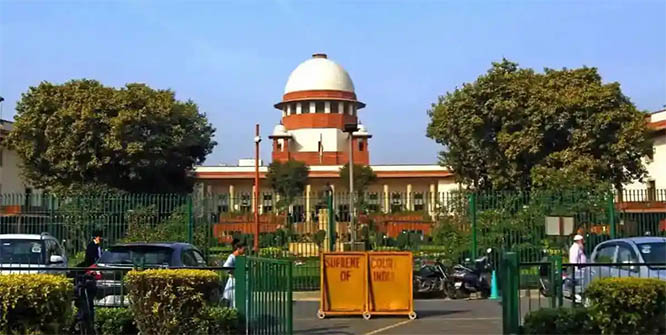New Delhi, Jun 18: India today welcomed Afghan President Ashraf Ghani's announcement extending the unilateral ceasefire with militant groups, and hoped that the gesture would be reciprocated by them as well as their supporters.
Last week, the Afghan government announced a seven-day ceasefire with an aim to encourage the Taliban to join the reconciliation process. Subsequently, the Taliban also announced a three-day ceasefire till today.
External Affairs Ministry Spokesperson Raveesh Kumar said India supports a "truely" Afghan-led, Afghan-owned and Afghan-controlled peace and reconciliation process in an atmosphere free of terror and violence.
"We welcome the decision of President Ghani to announce ceasefire and its extension. We hope this gesture would be reciprocated by armed groups and their supporters with complete cessation of terrorist violence," Kumar said, responding to a question on Ghani's announcement.
He said India supports all efforts that can bring lasting peace to the war-torn country.
"We support all efforts that can bring relief to the long suffering of the friendly people of Afghanistan; pave the way for a truely Afghan-led, Afghan-owned and Afghan-controlled peace and reconciliation process in an atmosphere free from terror and violence; and help build a peaceful, secure, inclusive, prosperous, united and pluralistic Afghan nation," Kumar said.
In a tweet, Ghani requested the Afghan Taliban to extend their ceasefire.
"We also request the Afghan Taliban to extend their ceasefire. During the ceasefire, we will provide medical assistance to the wounded Taliban, and will provide them any humanitarian assistance if needed. Taliban prisoners will also be allowed to contact and see their families," Ghani tweeted.







Comments
Add new comment